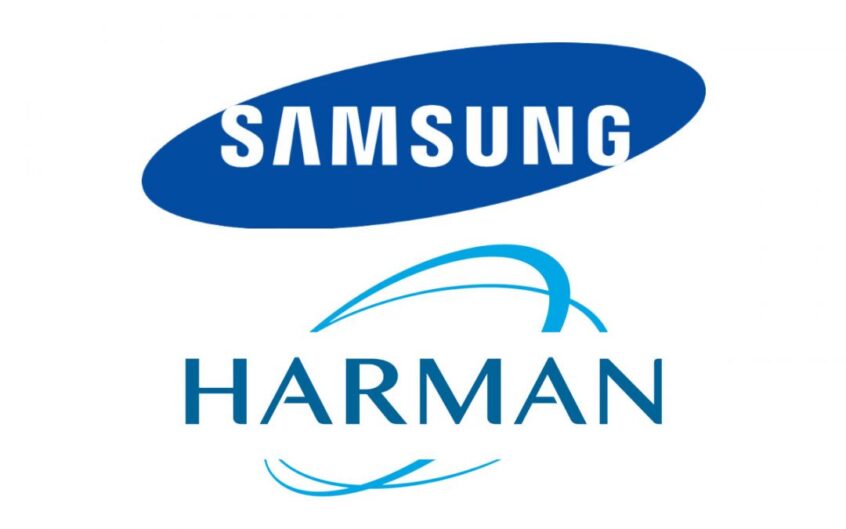Samsung recently announced their plan to buy Harman in an all-cash $8 billion deal. What does this mean for those of us in the audiovisual industry? How will this impact all of the Harman brands we know and love? Let’s take a look.
Samsung’s acquisition of Harman appears to be a strategic move to strengthen their position in connected technologies, a large and rapidly growing market, particularly in automotive electronics. This has been a strategic priority for Samsung, who is the marker leader in consumer electronics and plans to grow to more than $100 billion by 2025. Harman is the market leader in connected car solutions, with more than 30 million vehicles currently equipped with its connected car and audio systems. Approximately 65% of Harman’s $7 billion in recent annual sales are automotive-related.
Samsung expects the combination to deliver significant growth opportunities and benefits to customers by leveraging Samsung’s and Harman’s complementary technologies, resulting in increased market penetration across important end markets.
As for the professional audiovisual space, the combination will expand the combined company’s business-to-business platform through its ability to deliver integrated, large-scale audio and visual professional solutions at stadiums, concert facilities and other performance centers.
Harman’s Professional Solutions account for 14% of their combined revenue and Samsung insists Harman will continue to operate as a standalone subsidiary, ensuring continuity with its customers and distributors. Professional lines such as AKG, JBL, AMX, and Crown should see no noticeable difference in their operation and accessibility.
All in all, it would be expected that this merger will be seen as a positive move, one where the benefits will be seen on the development and production side of things. Streamlining technologies amongst the different brands should help to make the products more robust, more reliable, and easier to work with.

